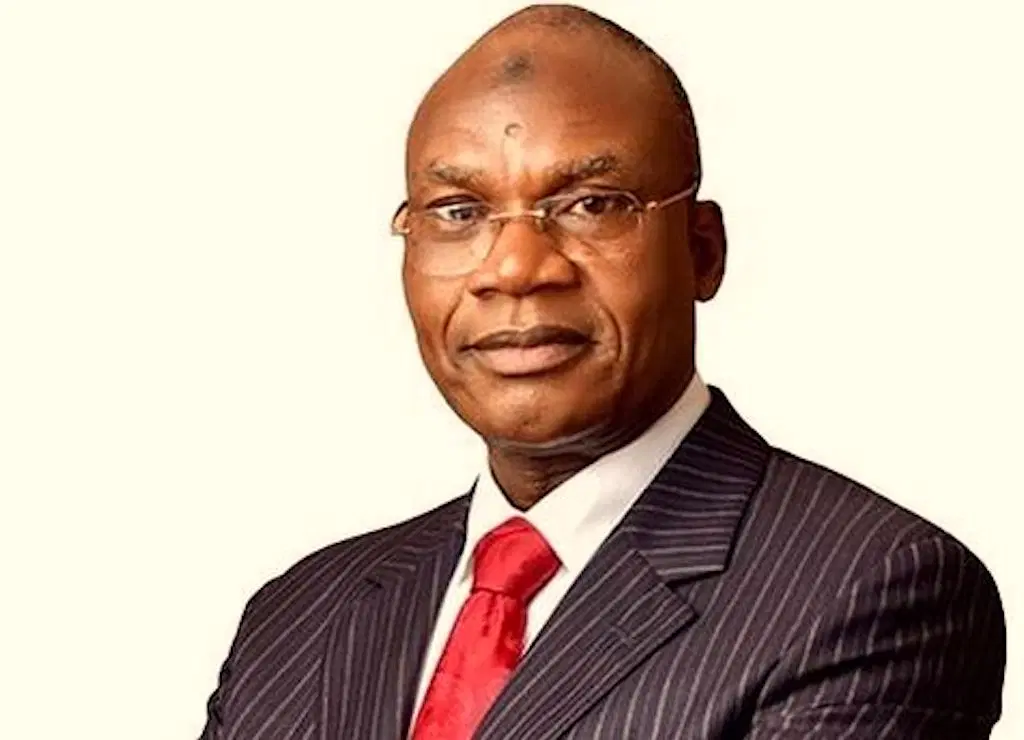Nigeria’s educational curriculum is facing a major challenge – the risk of becoming obsolete due to technological disruptions across all industries, including education.
To tackle this, the government is prioritizing curriculum development to ensure education remains relevant and effective. And so, Nigeria’s new education curriculum is set to empower students with practical skills, alongside knowledge and values.

According to Prof. Tahir Mamman, Minister of Education at the 68th National Council on Education meeting in Abuja, every student will graduate with at least two skills, thanks to the revamped Basic and Senior Secondary Education curriculum.
The updated curriculum will prioritize skills acquisition, ensuring students are better prepared to contribute to Nigeria’s economic growth and development.
The goal is to create a well-designed curriculum that fosters sustainable development, quality education, and innovation. This is in line with the National Digital Economy Policy and Strategy, which aims to diversify Nigeria’s economy and take advantage of digital opportunities.

Nigeria’s Ministry of Education is spearheading a major transformation in the country’s education sector. The Education Transformation Agenda, initiated by the President, aims to revolutionize learning, skill development, access, and equity.
Prof. Mamman stated that the government takes primary responsibility for ensuring inclusive, quality education for all learners, at all levels.

















